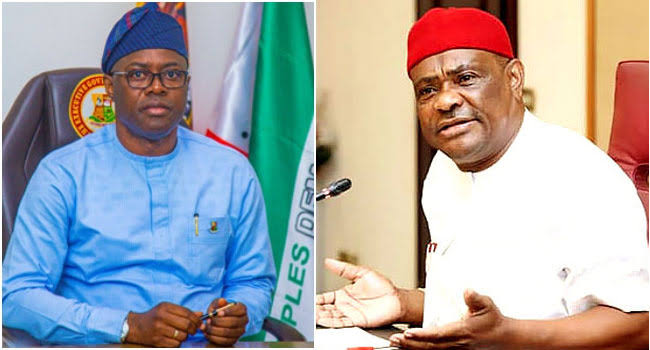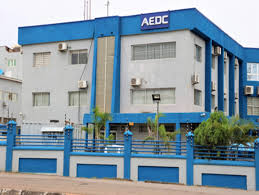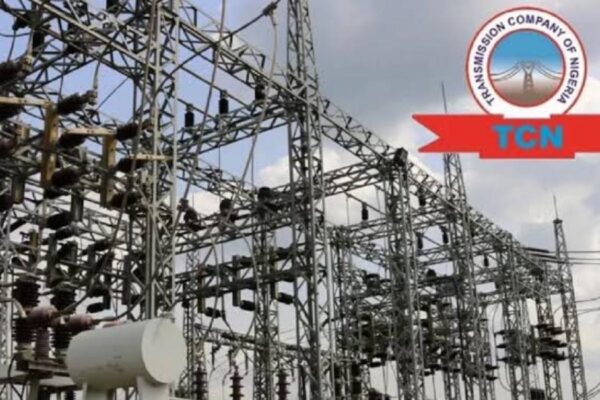New York — The split verdict in the federal trial of music mogul Sean “Diddy” Combs has reignited conversations about domestic abuse, power dynamics, and the evolving legacy of the #MeToo movement. After more than seven weeks of testimony, a federal jury found Combs guilty of transporting individuals for prostitution, but not guilty of sex trafficking or racketeering, despite graphic evidence of abuse and claims that he used wealth and coercion to control former partners. The trial featured harrowing testimony from Casandra “Cassie” Ventura Fine and another woman known only as “Jane”, both of whom described years of alleged abuse and manipulation under Combs. Prosecutors argued that Combs’s actions constituted a “criminal enterprise” driven by money, fear, and violence. A 2016 surveillance video showing Combs assaulting Ventura in a hotel hallway was a key piece of evidence. Ventura testified that she felt “trapped” and described repeated physical violence, including a 2009 incident where Combs allegedly stomped on her face. Yet, the jury declined to convict on the more serious charges of sex trafficking, sparking criticism from advocates who say the verdict reflects a deep misunderstanding of coercion in intimate partner abuse. “Today is a good day for perpetrators,” said Dr. Emma Katz, an expert on domestic violence. “The jury seems to have decided that someone can be physically assaulted and controlled by their partner, yet not be coerced.” Legal analysts suggested prosecutors may have fumbled key aspects of the sex trafficking case. Defense attorneys, while conceding Combs’s abusive behavior, argued that there was no proof of coercion in the alleged sexual acts. They pointed to affectionate messages from Ventura as evidence of consent — messages experts say are common in abusive relationships due to fear, manipulation, or survival strategies. “Domestic violence is not sex trafficking,” Combs’s attorney Teny Geragos said during trial — a line that appears to have resonated with the jury. The outcome, some say, reveals the limits of public and legal understanding of abuse, especially when it happens within romantic relationships. “There’s still stigma and disbelief when victims stay with their abusers,” said Katz. “It’s not that simple. Victims fear for their lives, their children, or simply have nowhere to go.” Critics also pointed to the broader implications for the #MeToo movement, which began as a push to hold powerful figures accountable for sexual violence and abuse. While some advocacy groups praised the guilty verdict on transportation charges, others said the result highlights systemic failures. “This is a stain on the criminal justice system,” said Arisha Hatch of the gender justice group UltraViolet. “It shows we still don’t fully believe victims — especially when the accused holds immense wealth and influence.” Still, Ventura’s legal team welcomed the partial conviction, saying it ensured Combs was “finally held responsible for two federal crimes,” each carrying a maximum of 10 years in prison. Advocacy groups including Lift Our Voices and the National Women’s Law Center praised Ventura and Jane’s courage in testifying, saying their actions strengthened the movement for justice, even as challenges remain. “The verdict may be split, but their bravery is whole,” said Fatima Goss Graves, president of the NWLC. “No jury can take that away.







